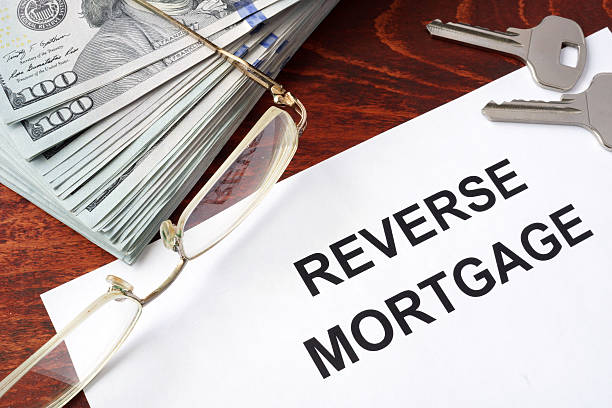Government-backed mortgage programs play a vital role in helping millions of Americans achieve their dream of homeownership. These programs, backed by agencies such as the Federal Housing Administration (FHA), the Department of Veterans Affairs (VA), and the U.S. Department of Agriculture (USDA), offer various benefits and opportunities for homebuyers. However, like any financial product, they also come with their own set of pros and cons. In this comprehensive guide, we’ll explore the advantages and disadvantages of government-backed mortgage programs to help you make an informed decision about your home financing options.
Understanding Government-Backed Mortgage Programs:
Government-backed mortgage programs are designed to make homeownership more accessible and affordable for individuals and families who may not qualify for conventional loans or have difficulty securing financing through traditional lenders. These programs offer lenient eligibility requirements, low down payment options, and competitive interest rates, making them an attractive choice for many borrowers.
Pros of Government-Backed Mortgage Programs:
- Low Down Payment Options: One of the most significant advantages of government-backed mortgage programs is the ability to purchase a home with a low down payment or even no down payment in some cases. FHA loans, for example, require a minimum down payment of just 3.5% of the purchase price, making homeownership more accessible for first-time buyers and those with limited savings.
- Lenient Credit Requirements: Government-backed mortgage programs often have more flexible credit requirements compared to conventional loans. Borrowers with less-than-perfect credit histories or lower credit scores may still qualify for an FHA, VA, or USDA loan, provided they meet other eligibility criteria and demonstrate the ability to repay the loan.
- Competitive Interest Rates: Government-backed mortgage programs typically offer competitive interest rates that are comparable to or even lower than those of conventional loans. This can result in lower monthly payments and significant savings over the life of the loan, particularly for borrowers with strong credit profiles.
- Assistance for Specific Groups: VA loans are specifically available to military service members, veterans, and eligible spouses, offering unique benefits such as no down payment, no private mortgage insurance (PMI), and flexible qualification criteria. Similarly, USDA loans are designed to help rural and low-income borrowers purchase homes in eligible rural areas, with features like 100% financing and low mortgage insurance premiums.
Cons of Government-Backed Mortgage Programs:
- Mortgage Insurance Premiums: Many government-backed mortgage programs require borrowers to pay mortgage insurance premiums (MIPs) or funding fees to protect the lender against default. FHA loans, for instance, require both upfront and annual MIPs, which can increase the overall cost of homeownership and affect affordability.
- Property Eligibility Requirements: Some government-backed mortgage programs, such as USDA loans, have strict property eligibility requirements, including location restrictions and property condition standards. Borrowers must ensure the property they wish to purchase meets these criteria to qualify for financing.
- Loan Limits: Government-backed mortgage programs often have maximum loan limits that restrict the amount of financing available to borrowers. These limits vary by program and location and may prevent borrowers from purchasing higher-priced homes or properties in expensive real estate markets.
- Complex Application Process: Applying for a government-backed mortgage can be more complex and time-consuming than applying for a conventional loan. Borrowers may need to provide additional documentation, undergo a thorough underwriting process, and adhere to specific program guidelines and regulations.
Conclusion:
Government-backed mortgage programs offer valuable opportunities for homebuyers to achieve homeownership with low down payment options, lenient credit requirements, and competitive interest rates. However, they also come with potential drawbacks such as mortgage insurance premiums, property eligibility requirements, loan limits, and a complex application process.
Before choosing a government-backed mortgage program, it’s essential to weigh the pros and cons carefully, assess your financial situation and goals, and explore alternative financing options. Consulting with a knowledgeable mortgage lender or housing counselor can help you navigate the complexities of government-backed mortgage programs and make an informed decision that aligns with your homeownership objectives.
In summary, while government-backed mortgage programs can be an excellent option for many borrowers, it’s essential to consider all factors and thoroughly evaluate your options to ensure you select the right program for your needs. By understanding the benefits and limitations of government-backed mortgage programs, you can make a confident decision and embark on the path to homeownership with clarity and peace of mind.

